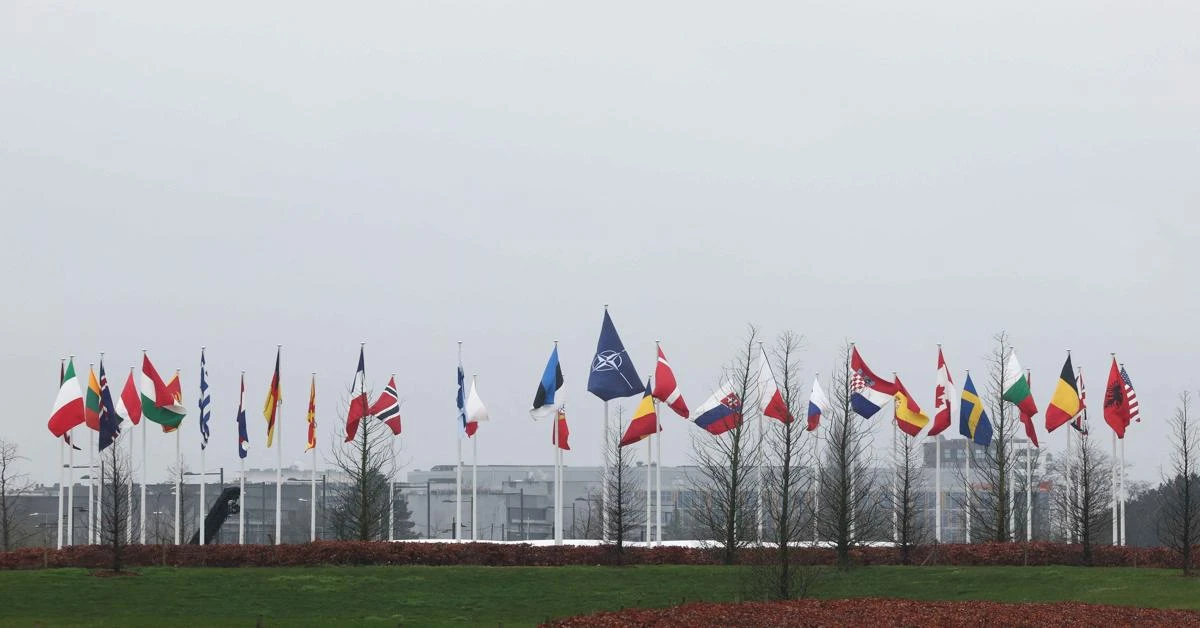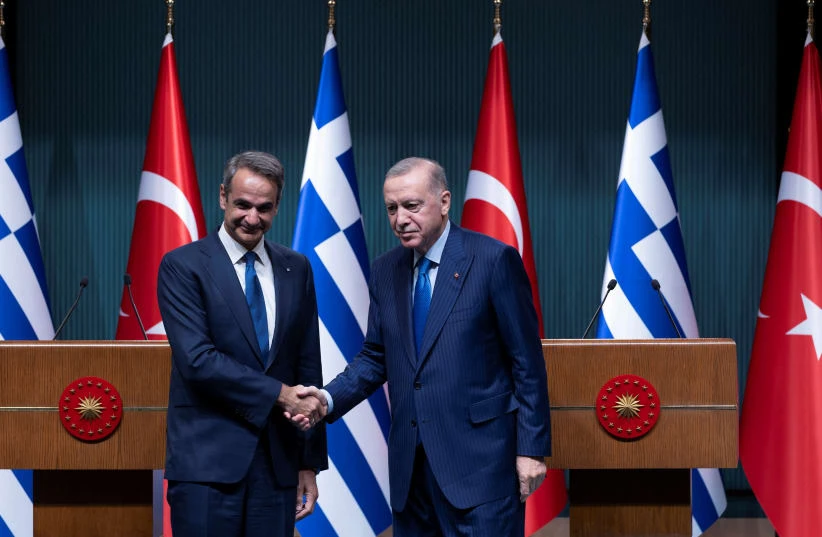Czechia, Poland, Hungary mark 25 years of NATO membership

Twenty-five years ago, on March 12, Czechia, Poland and Hungary joined NATO, marking a historic shift in Europe’s geopolitics
Twenty-five years ago, on March 12, a historic milestone reshaped Europe’s geopolitical landscape as Czechia, Poland, and Hungary became the first former Eastern Bloc nations to join NATO.
This pivotal moment, underscored by then-Secretary of State Madeleine Albright’s impassioned declaration, marked a symbolic triumph over the legacy of Soviet oppression.
Albright’s words echoed a commitment to extending liberty beyond Europe’s West, erasing the scars left by Stalin’s brutal regime.
Fast forward to the present day, and Europe faces a new challenge: the rise of authoritarianism embodied by leaders who emulate past tactics.
While NATO’s expansion into Central and Eastern Europe initially aimed to counter Russian aggression and secure peace, recent events suggest a resurgence of threats to regional stability.
The successful integration of Czechia, Poland, and Hungary into NATO bolstered the alliance’s defense capabilities and served as a beacon of hope for other nations in the region.
Their entry paved the way for subsequent enlargements, fostering democracy and promoting stability across Central and Eastern Europe.
Reflecting on this milestone, it’s evident that NATO’s expansion was a strategic imperative. Had leaders hesitated or delayed, the consequences could have been dire.
Without the courage and determination exhibited by Czechia under Vaclav Havel’s leadership, the West might have succumbed to complacency, leaving Central Europe vulnerable to external influence and control.
Today, as geopolitical tensions escalate and authoritarian regimes flex their muscles, the lessons of the past resonate with renewed urgency.
NATO’s commitment to defending its eastern flank remains steadfast, but its challenges are evolving.
As Europe grapples with renewed division, the importance of unity, solidarity, and vigilance cannot be overstated. The legacy of March 12 serves as a reminder of the enduring value of freedom, democracy, and collective security in an ever-changing world.
Source: Newsroom
#haber#



